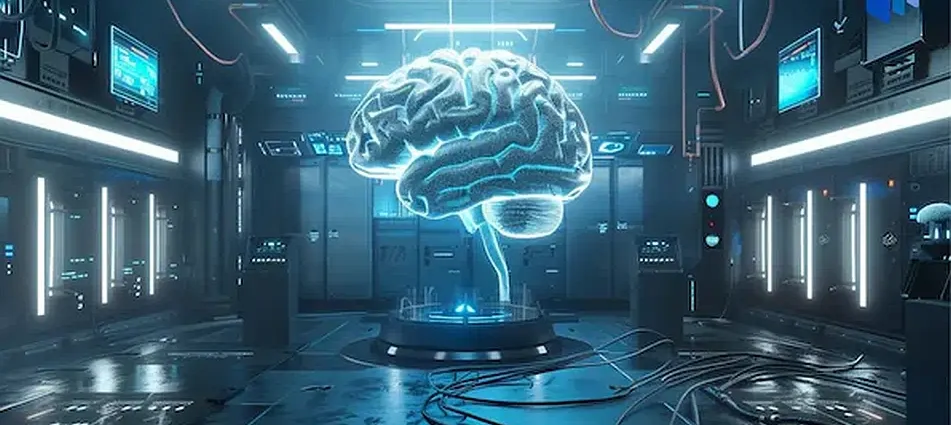Artificial intelligence (AI) is rapidly evolving, but its reliance on traditional silicon-based hardware poses significant challenges. Data centers consume vast amounts of energy, and storage demands are soaring. In response, researchers are exploring biocomputing – a radical departure from the norm.

This emerging field leverages synthetic biology to create computer architecture using living organisms. For instance, organoids – miniature lab-grown organs – offer potential as building blocks for biological computers. Swiss company FinalSpark is at the forefront of this revolution.
Their Neuroplatform, a computer powered by human brain organoids, is available for rent at a cost of $500 per month. This platform houses four spherical organoids, each roughly 0.5 millimeters wide. Electrodes stimulate neurons within these organoids and connect them to conventional computer networks.

For now, the organoids and their behavior are live streamed 24 hours a day for researchers (and anyone else) to observe.
To mimic the brain’s reward system, researchers introduce dopamine, a neurotransmitter linked to pleasure. This, coupled with electrical stimulation, trains the organoids to form new connections, similar to human learning. FinalSpark believes this approach can eventually replace traditional CPUs and GPUs with biological equivalents.
While this technology is in its infancy, it holds immense promise. Biocomputing could revolutionize AI, reducing energy consumption and addressing environmental concerns. However, significant challenges remain. Researchers must overcome hurdles in scalability, reliability, and understanding the complex dynamics of living neural networks.
Reference- FinalSpark website, Scientific American, Futurism, Vox, Interesting Engineering,The Verge







